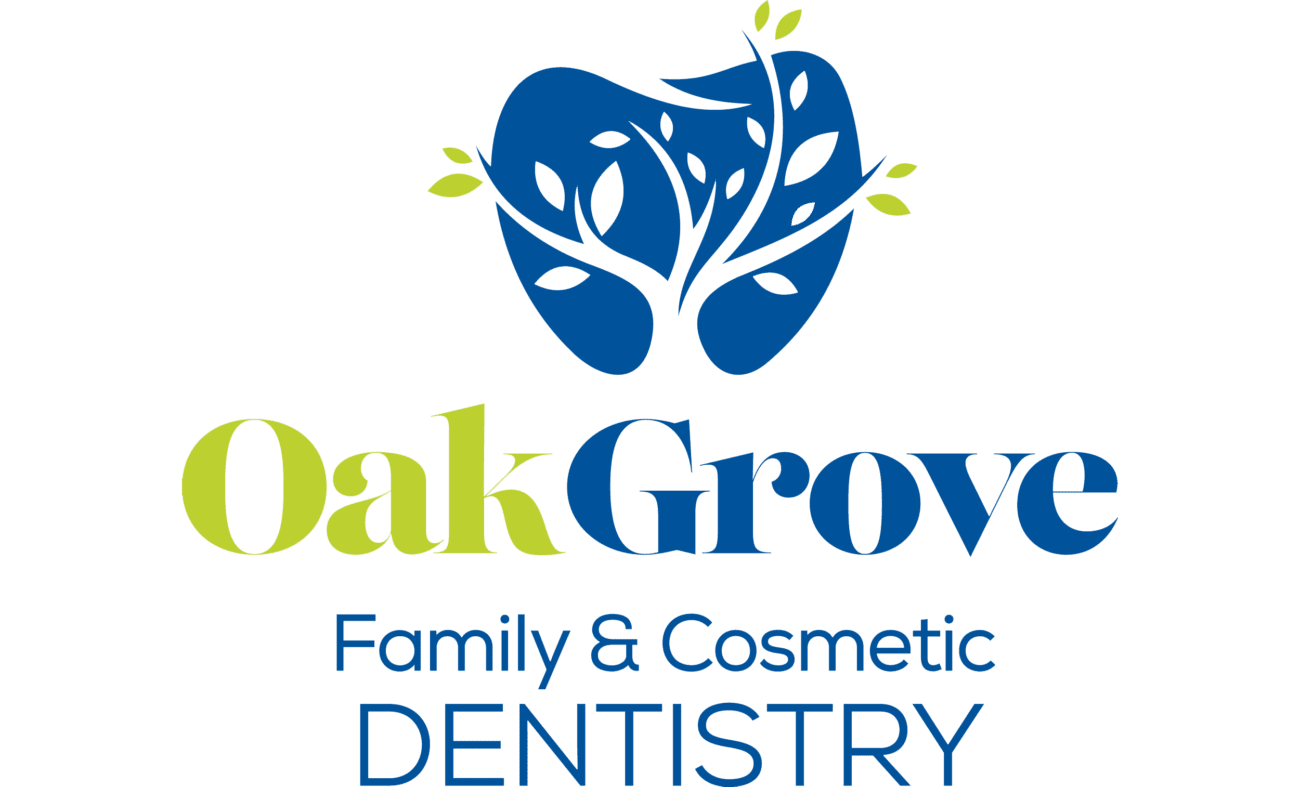As soon as we grow our first baby teeth, we begin visiting our dental professionals. But as we grow older, our busy schedules make it tempting to skip our regular dental appointments. How often do we need to schedule these appointments in order to keep our mouths healthy?
Missing a dentist appointment could mean big consequences for your teeth and gums. Stay on top of your oral health by continuing to see your dental professional regularly. Read on to learn more about the importance of visiting your dentist for routine cleanings and exams.

Why Do I Need Regular Dentist Appointments?
Routine dentist appointments play crucial roles in preventing major dental problems from forming in your smile. So you should not skip these visits. During these appointments, your dentist begins by cleaning your teeth. They scrape away plaque, tartar, and other residues from hard-to-reach spots in your smile, including near the gumline.
You might not be able to access these parts of your mouth as you brush and floss your teeth. If these substances remain on your smile, they could erode the enamel of your teeth, increasing your risk of cavities and other issues.
Your dentist will also use this appointment to examine your teeth and gums for potential problems. If they spot early signs of gum disease or decay, they can offer swift treatment so that you will not have lasting, irreversible damage to your smile. They can also perform x-ray imaging to monitor other potential dental concerns, like wisdom teeth growth.
How Often Should I Schedule a Routine Dental Visit?
For most patients, dentists recommend scheduling routine cleanings and exams every six months. This creates an ideal period where they can clean plaque from your smile before it severely hurts your teeth. It will also allow the dentist to catch and treat any dental issues before they can progress and permanently impact your smile.
Some patients may need to visit their dentist more frequently. For instance, senior patients, those with a higher propensity for tartar formation, and people with underlying medical issues may need to see their dentist three or four times per year. Your dentist can discuss your personalized dental care with you when you schedule a consultation.
What Do I Do If I Have a Dental Emergency?
Though you may take good care of your smile and visit your dentist when you are meant to, accidents can occur. Dental problems can develop in between your regularly scheduled dental exams that require more prompt attention.
If you suffer a dental emergency, such as a broken tooth or severe tooth pain, do not hesitate to call your dentist as soon as possible. They can offer advice over the phone or ask you to come to their office for an emergency dental appointment.
A tooth injury can become harder to treat if you do not receive urgent treatment. Your dentist can resolve the problem quickly and prevent worse dental damage when you contact them promptly.
